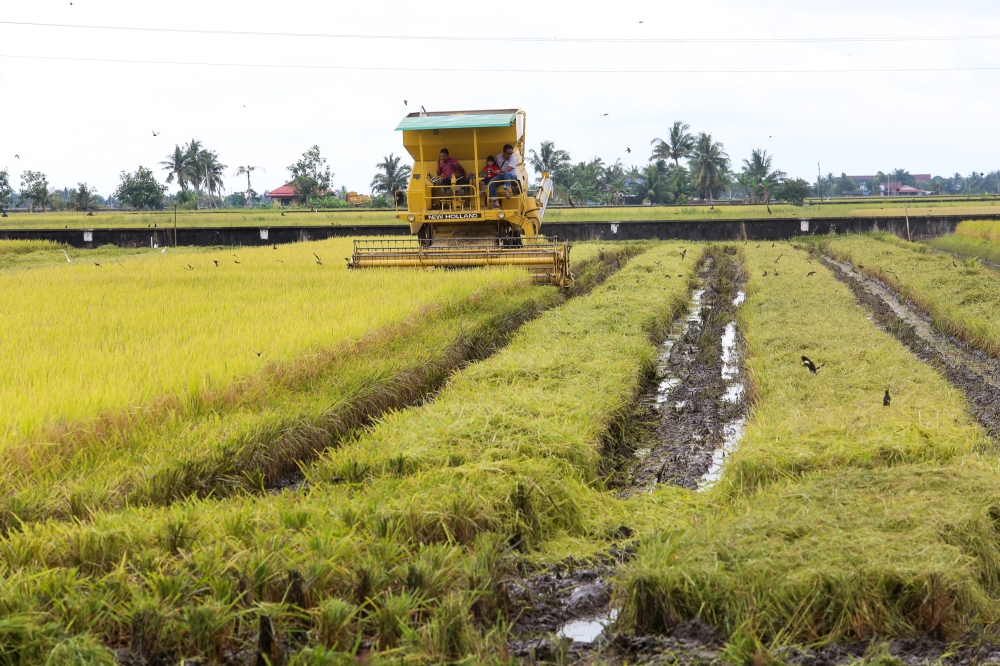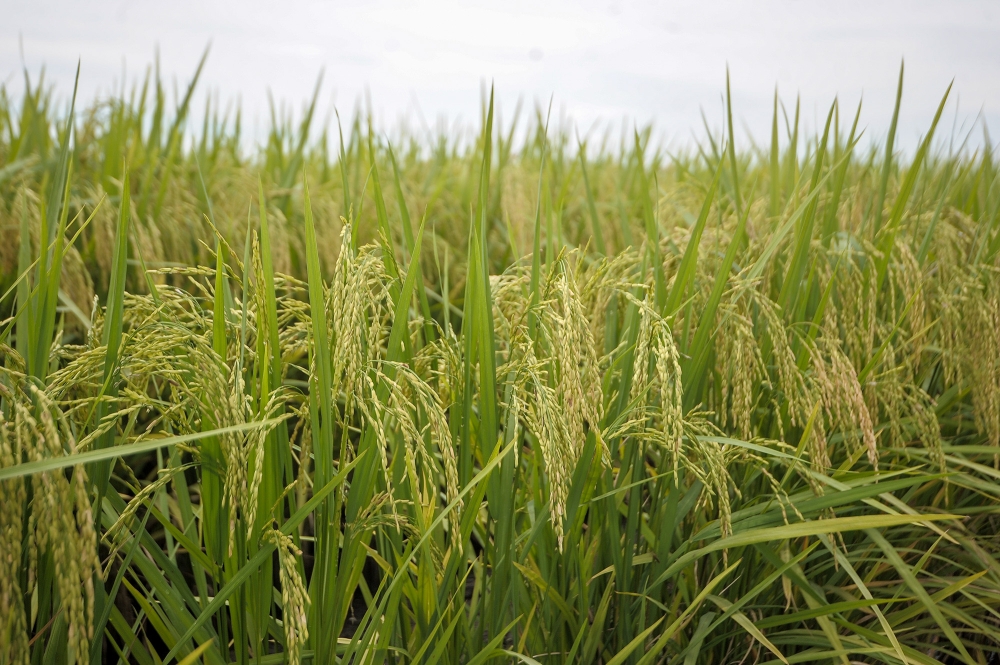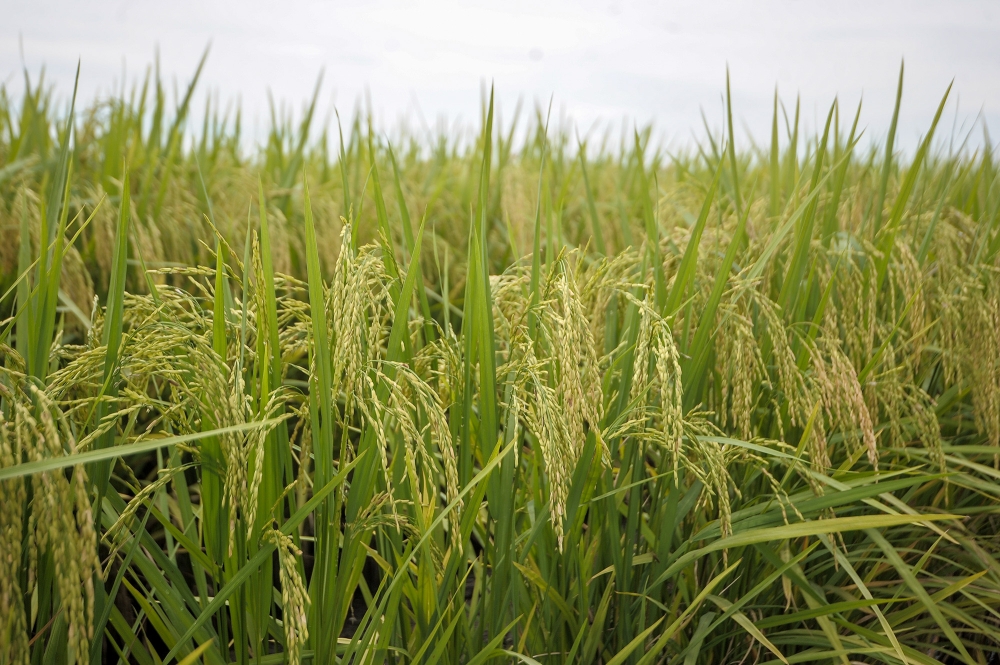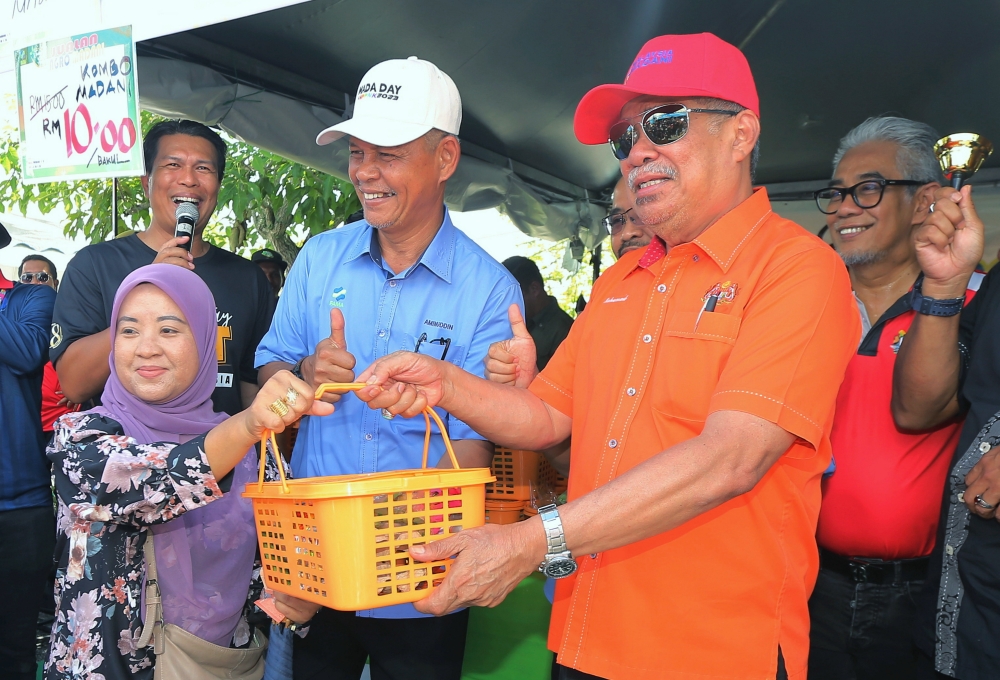KUALA LUMPUR, Nov 22 — Nearly one out of every four paddy farmers in Malaysia earn less than RM600 a month, according to the latest Auditor-General’s Report for the year 2022 released today.
The report attributed the paddy farmers’ low income to a nationwide failure of the rice cultivation programme to reach its target.
It highlighted that this has impacted the livelihoods of 17,525 paddy farmers who make up 22.7 per cent of the total rice farming population in the country.
According to the report, the majority of paddy farmers, just over 26,000, fall within the income range of RM600 to RM1,499.99, while 15,116 earn between RM1,500 and RM2,499.99 a month.
Another 7,582 paddy farmers have an income between RM2,500 and RM3,499.99, with only 11,049 farmers earning an average income exceeding RM3,500 monthly.
Despite the substantial number of paddy farmers, the audit report indicated that the set targets for rice production, rice productivity per hectare, and the income of paddy farmers have not been met.
Based on the 2021 Rice and Rice Industry Statistics Basic Information, the net income of paddy farmers per hectare of rice production at RM629.76 per month.
“To surpass the national poverty line income of RM2,208, paddy farmers need to cultivate at least 3.6 hectares of paddy land.
“The paddy farmers' monthly income target is also low compared to the country's poverty line income and this could be one of the factors that young people are less interested in being active in the agricultural sector, especially rice cultivation,” the A-G said in the report.
The audit report also said that management inefficiencies also plague the program, with areas designated for paddy planting still awaiting gazettement, leading to a reduction in planting areas in four granary regions.
Insufficient supplies of basic paddy seeds have resulted in the use of unrecognised seeds, delayed fertiliser deliveries, and reliance on private machinery services.
Constraints in allocation had also hindered irrigation and drainage maintenance, adversely impacting rice productivity.
The audit report also questioned the efficiency, effectiveness, and prudence of the program's management in achieving objectives related to increasing rice and paddy production, rice cultivation productivity, and reaching Malaysia’s self-sufficient level target for rice production of 73.8 per cent in 2022 and 80 per cent by 2030.
The national auditors also called for efforts to enhance the monthly income of rice farmers to an average of RM3,500 in granary areas and RM2,500 in non-granary areas by 2030.





















